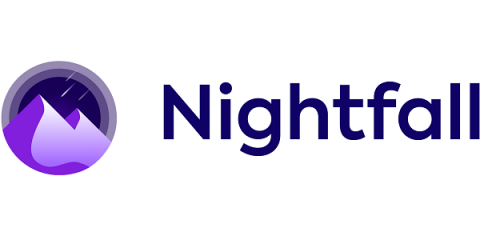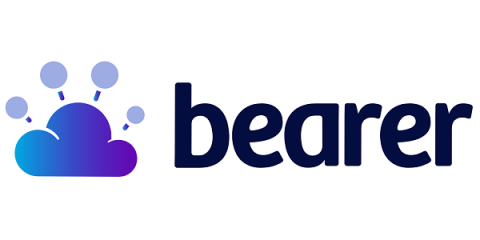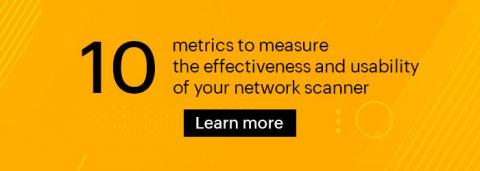What our attack surface study says about top retail applications
Retail and ecommerce web applications are big targets for hackers. Attack surface assessment is important to help build a complete risk profile of web applications and combat opportunistic hackers looking for vulnerabilities to exploit. Here’s how the biggest online retailers fare against the most common application attack vectors











